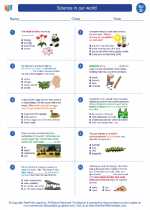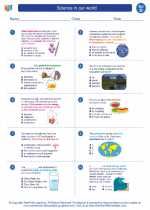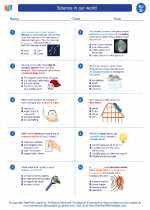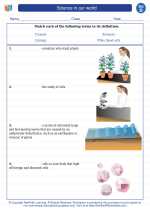Endoplasmic Reticulum
The endoplasmic reticulum (ER) is a vital organelle found in eukaryotic cells. It plays a crucial role in the synthesis, folding, modification, and transport of proteins and lipids within the cell. There are two types of endoplasmic reticulum: rough endoplasmic reticulum (RER) and smooth endoplasmic reticulum (SER).
Rough Endoplasmic Reticulum (RER)
The rough endoplasmic reticulum is studded with ribosomes on its surface, giving it a "rough" appearance under a microscope. These ribosomes are responsible for protein synthesis. Once the proteins are synthesized, they are transported into the lumen of the RER, where they undergo folding and post-translational modifications. The proteins are then packaged into vesicles for transportation to other parts of the cell or for secretion outside the cell.
Smooth Endoplasmic Reticulum (SER)
The smooth endoplasmic reticulum lacks ribosomes on its surface and appears "smooth" under a microscope. This organelle is involved in lipid synthesis, metabolism, and detoxification of drugs and harmful substances. It also plays a role in the regulation of calcium levels within the cell, which is crucial for various cellular processes.
Study Guide
- What are the two types of endoplasmic reticulum?
- Describe the structure of the rough endoplasmic reticulum.
- What is the main function of the ribosomes on the rough endoplasmic reticulum?
- Explain the role of the smooth endoplasmic reticulum in lipid metabolism.
- How does the smooth endoplasmic reticulum contribute to the detoxification process in the cell?
◂Science Worksheets and Study Guides Fourth Grade. Science in our world

 Worksheet/Answer key
Worksheet/Answer key
 Worksheet/Answer key
Worksheet/Answer key
 Worksheet/Answer key
Worksheet/Answer key
 Vocabulary/Answer key
Vocabulary/Answer key
